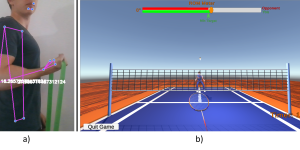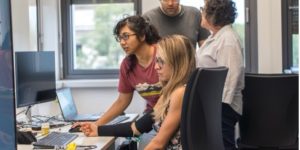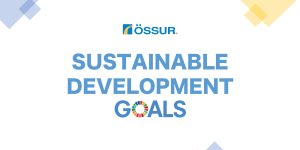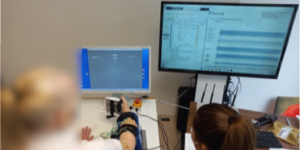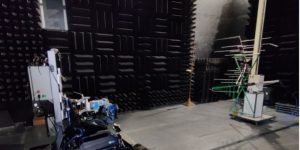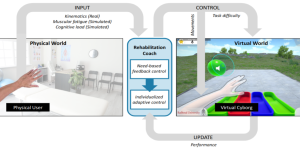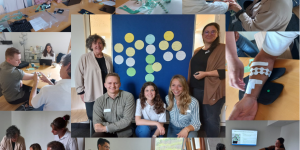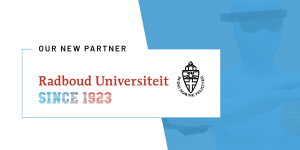REHYB@DTU: Transforming Therapy with Digital Twin Gaming
14.12.2023. Human Digital Twins (HDTs) have recently emerged as promising tools for various healthcare applications. However, most applications utilize HDTs as passive data repositories. DTU team explores an alternative conceptualization of HDTs as active, engaging elements in serious games for rehabilitation.
